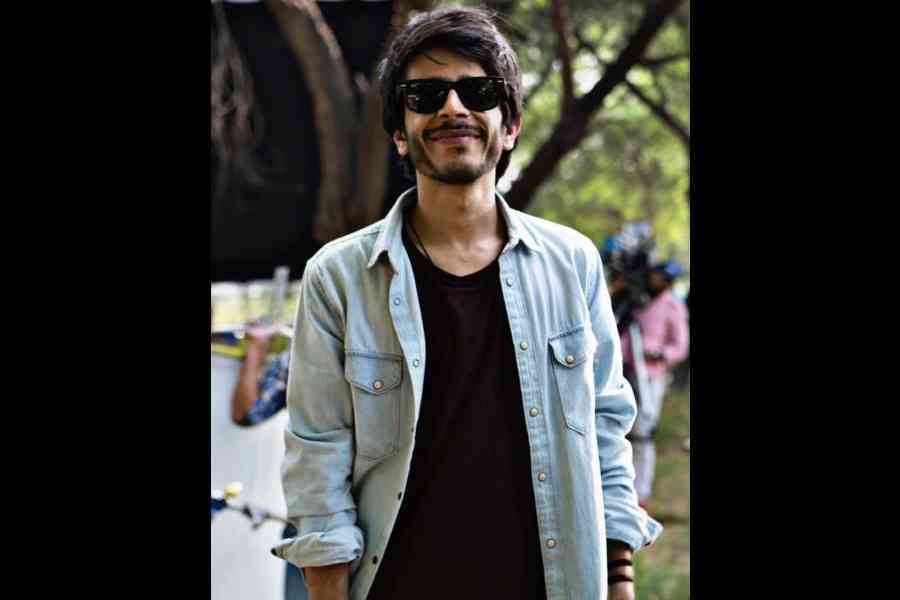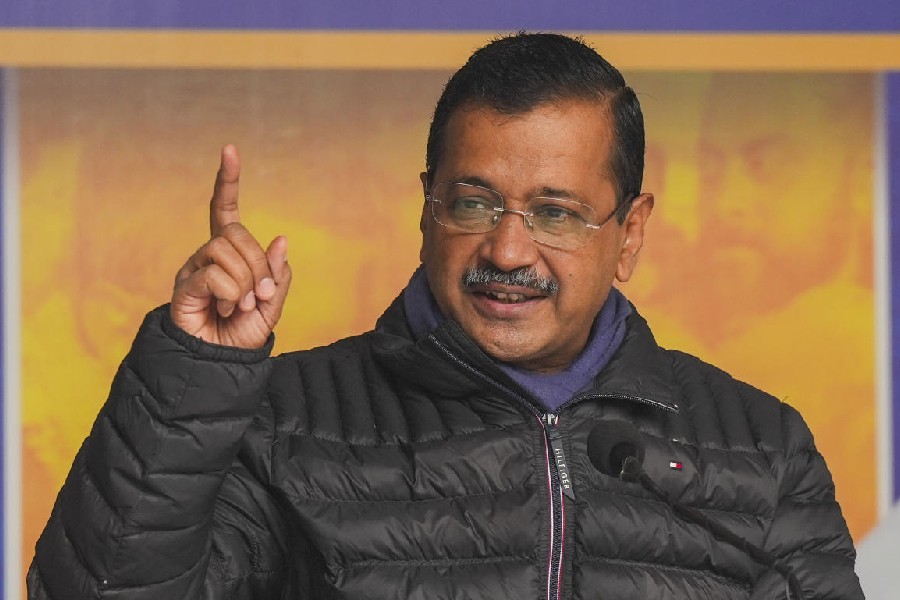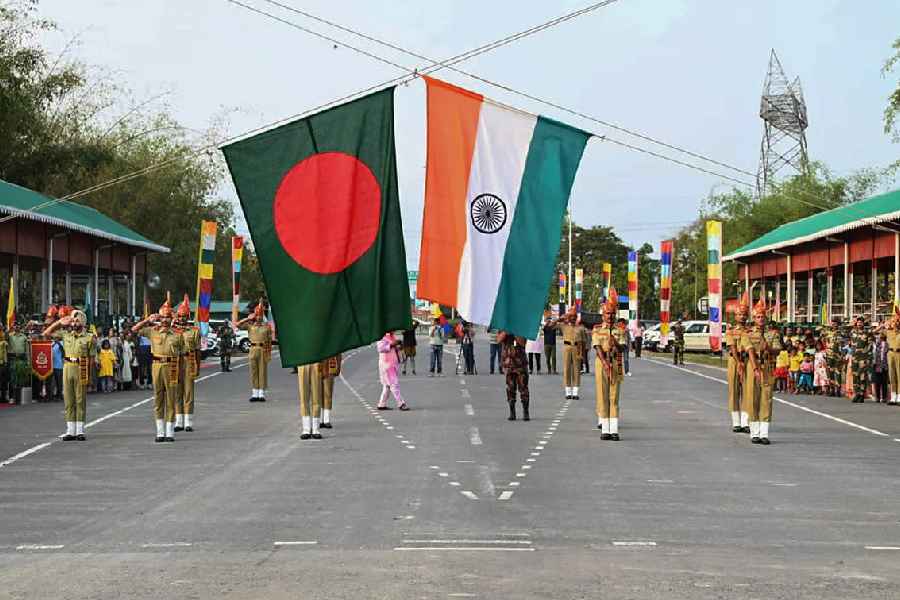Ever since he burst onto the scene with the Cannes film Titli, Shashank Arora has consistently shown promise and potential as an actor. Manto to Moothon to Made in Heaven, the superlative actor has grown with every role.
Recently, Shashank walked the red carpet at the Toronto International Film Festival for his new film Superboys of Malegaon. Directed by Reema Kagti, produced by Farhan and Zoya Akhtar, written by Varun Grover and also starring Adarsh Gourav, Superboys of Malegaon derives its incredible story from the real-life DIY filmmaker Nasir Sheikh, whose love for Buster Keaton and Jackie Chan films, alongside the hugely popular Bollywood masala films, turned him into an amateur filmmaker in the tiny village of Malegaon. t2 caught up with Shashank for a chat on his latest film, which will release in cinemas in January, and more.
The premiere of Superboys of Malegaon at the Toronto International Film Festival was well received. What was the experience at TIFF like?
The experience was incredible. This was my third film (after Manto and Moothon) at TIFF. It just gets more special. The feedback was amazing. People related to the film and there has been so much love for my character Shafique and for the film in general. We had people from around the world coming to Toronto and seeing our film. It is a blessing. You don’t get it often.
What was most heartwarming about this experience was that the person (Nasir Sheikh) we made the film about was with us and he is a filmmaker from Malegaon. This film is for him and what he went through. I am playing one of his closest friends who passed away.
Did you manage to experience anything else at TIFF?
Honestly, festivals require a bit of work. One is mostly running around working but the experience is great because you get to meet filmmakers from around the world. It is wonderful to meet people one has always looked up to and to bounce off ideas with them. TIFF, I feel, is one of the most incredible festivals in the world. I did get the chance to watch (Francis Ford Coppola’s) Megalopolis, though.
What did you think of it? It hasn’t really found the kind of favour one would expect a Coppola film to get...
I found it to be an incredible film and pretty relevant about the here and now. It shows what we are all going through. Coppola has a history of not being liked by audiences initially. It happened with Apocalypse Now (1979), which is now considered cult and one of the greatest films ever made.
Honestly, it doesn’t matter to him because his job is to make a painting. Whether people like it or not is a matter of discussion later. But the masterpiece, no doubt, has already been made.
Coming back to Superboys of Malegaon, what is it about the story that piqued your interest?
The fact that these guys, with absolutely nothing, were trying to make films in Malegaon. That sort of echoes with a lot of people like me. I came to Bombay with nothing, trying to make films, and my journey mirrors a lot of theirs. We may not be culturally specific or come from a similar geography, but what binds us is the love for cinema.
The way Varun (Grover, writer) has treated the story, with his love for cinema and music, and the way Reema (Kagti) has directed it, with her passion for the movies, has been instrumental in charging up all of us who genuinely love cinema. The film is very close to my heart.
What challenged you the most as an actor?
Shafique’s simplicity is a rare gem and difficult to adapt. Often, the biggest challenges for an actor lie in playing the simplest and truest versions of your character... to try and find that simplicity. His curiosity and love for cinema is something I had to rewind to and recalibrate. I have spent so much time in Bombay that the chaos has somewhat desensitised me.
I really admire someone who doesn’t have that rigidity, who doesn’t have that artificiality yet. The challenge is to play a man with such a clean heart. Because this world makes you everything else otherwise. This world fights to make you not have a clean heart.
The kind of work that you do and the stand you take on social media gives one the impression that you are not a part of the crowd. It seems that you have still held on to a value system and certain ideals despite pressure from external sources. Hasn’t that been a challenge?
It is not a conscious effort; this is just how I am. I am not trying to do a certain body of work or trying to portray myself in any way. I have always been like this.
Before doing Superboys of Malegaon, had you watched the 2008 documentary Malegaon Ke Supermen on which it is based?
Yes. I have also watched the other work of Faiza Ahmed Khan (the director of the documentary). She is incredible. Malegaon Ke Supermen is part of a few references I used. I did a lot of research.
What would you say has been the biggest turning point in your career so far?
Let’s look at them like steps or maybe going down a path. I don’t know if there has been one turning point apart from me being born, which has been the biggest one (smiles).
They are all special to me, whether it is one of my early works like Brahman Naman. Titli, Manti, Moothon have been huge educational experiences for me. There was a film called The Song of Scorpions (with Irrfan and Golshifteh Farahani) which is very special.
I don’t really believe in turning points. I feel that your path on the journey of life has slants. You walk and fall and get hurt and then get back up again.
Have you faced typecasting?
I think everyone does. It is just second nature for someone to see something and categorise and stereotype it because that’s how we understand things as people. But I understand it... it is natural.
Maybe I am looked at as someone who majorly does independent films. As an actor, you just have to go in with your gut feeling. Sometimes, you can be offered the same part five times in a row and you do it because you explore it differently.
How do you navigate the externals of being an actor, whether it is social media, paparazzi culture or PR machinery? I came across an interesting Instagram post of yours where you said that you had worked hard on your acting, but you had forgotten that it also involved taking a lot of pictures...
I am terrible at it but I have sort of made peace with it. I understand that show business is a business as well. I may not be as good at handling it as I am with my craft, but I acknowledge that it is a part of the business. I might not participate in it as much as I need to, but I do take shots at it.
Then again, cinema is a collaborative medium and you need people to watch your films. So that is a part it, but I refuse to get lost in it and I will never forget that films, at the end of the day, are about stories. I understand the PR machinery is imperative to all of it, but we must not forget the art.
What other projects of yours have you excited?
There is a film that most people will not get to see. It is Dibakar Banerjee’s Tees, which will most probably not get released in India because of the political environment we live in. There is also something that I am working on that I hope to direct.
What interested me the most when I scoured your Instagram was your bio which simply read: ‘Rajma’. That is pretty off-centre...
There is no story behind it. You must have guessed that I love rajma. It is as important in life as anything else is (smiles). I also make really good rajma. It is a skill set that should be on my bio.











